As the economic winter approaches, has Europe become the "Snow Queen"? Recently, our country's export data has been like a roller coaster, making people exclaim "can't sit still." The export growth rate in September was only 1.6%, compared to the previous 7%, it's like falling from the clouds to the abyss. This is not a trivial matter, but a real economic signal.
Europe, this "big brother," is currently facing no small trouble. Deflation and economic recession, these two words are enough to make people feel uneasy. Germany, the locomotive of the European economy, has even uttered the "discouraging words" that this year's GDP might fall by 0.2%. Think about it, in the past few years, "Made in Germany" was a resounding name, but now it has to close its own factories. This change has come too fast, hasn't it?
Let's take a look at Europe's CPI data. The year-on-year growth rate in September was only 1.7%. For the first time in three years, it is below the 2% target value. What does this mean? You should know that just a year and a half ago, Europe's CPI was still above 9%. The speed of this change is faster than a face-changing performance. Now Europe's CPI is even lower than Japan's. This picture, no matter how you look at it, is quite magical.
For us, this is not good news. Europe is our second-largest trading partner, accounting for a significant share. If Europe goes into recession, how can our exports continue to play? You should know that over the years, exports have been one of the main forces driving our economic growth. Now this main force is about to "retire," what should we do?
The answer is self-evident - the domestic market, that's you! The recent introduction of a series of economic stimulus plans, the considerations behind them are self-evident. However, even with these "strong stimulants," achieving this year's 5% GDP growth target is still a significant challenge.
Looking back at history, we have also encountered similar difficulties. Remember during the 2008 financial crisis, when external demand shrank sharply, we relied on a 4 trillion investment plan to stabilize the overall economy. Now, we are standing at a similar crossroads again.
Some people might ask, why can't we spend money on a large scale like before? Wait, there are many tricks to this. First, our economic volume is no longer what it used to be. 4 trillion may seem like a "small dish" today. Second, over-reliance on investment to drive growth may lead to a series of problems such as overcapacity and debt risks. It's like eating, the amount of food should be moderate, eating too much is more likely to cause indigestion.
So, how should we deal with this economic "winter"? The answer may be around us. Think about it, we have a super large market of 1.4 billion people, which is a "gold mine" that any country in the world would envy. If we can fully activate the potential of this market, it is an inexhaustible source of growth.
For example, the recent popularity of short videos and live streaming with goods is a microcosm of the potential of the domestic market. From agricultural products to high-tech products, as long as you have good products, there will always be people to pay. This not only creates new job opportunities but also drives the development of related industrial chains.
Furthermore, as people's living standards improve, the demand for high-quality products and services is also increasing. From elderly care to education and training, from health care to cultural entertainment, these fields all contain huge market space. If we can make moves in these areas, not only can we meet the people's growing needs for a better life, but we can also inject new momentum into economic development.Of course, activating the domestic market is not something that can be achieved overnight. It requires the support of a series of complementary measures, such as improving the social security system to encourage people to spend money; deepening the reform of the income distribution system to give more people the means to spend; and optimizing the business environment to motivate enterprises to invest and innovate. All of these require our long-term and unremitting efforts.
In the face of the current economic situation, we should neither be blindly optimistic nor excessively pessimistic. As the ancients said: "Great achievements are built on small details." As long as we can seize opportunities and implement precise policies, we will surely be able to carve out our own path in this economic transformation.
I remember an economist once said: "A crisis is an opportunity." Perhaps the current difficulties are exactly the best time for us to reshape our economic structure and improve the quality of development. As long as we have firm confidence and unite as one, there is no obstacle we cannot overcome.

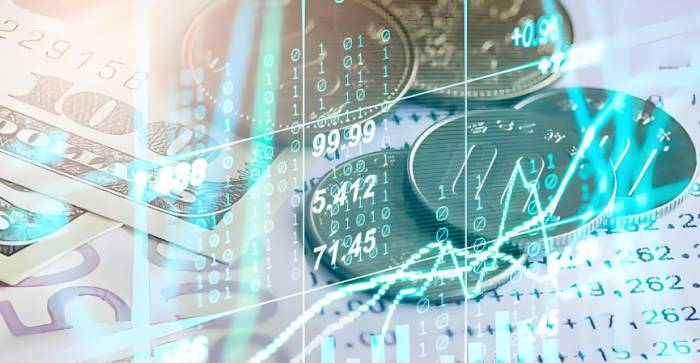
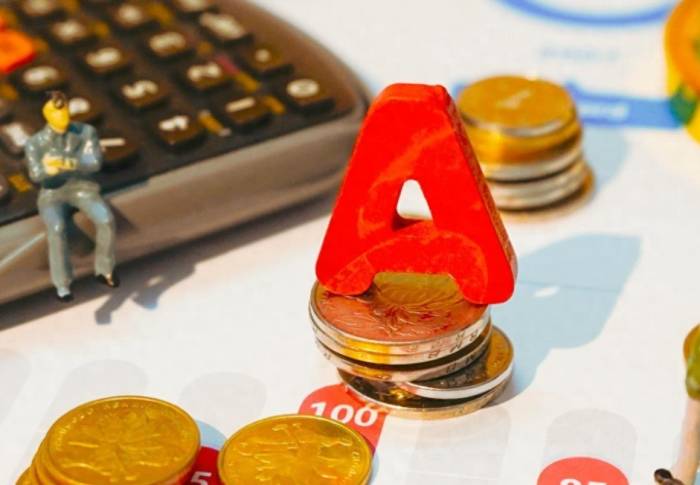
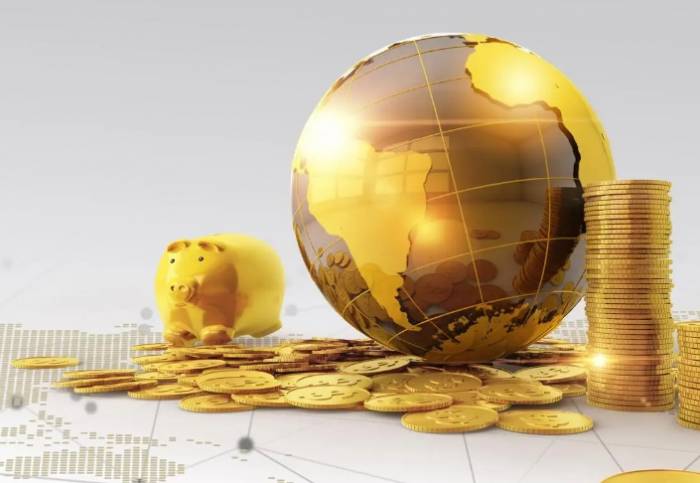
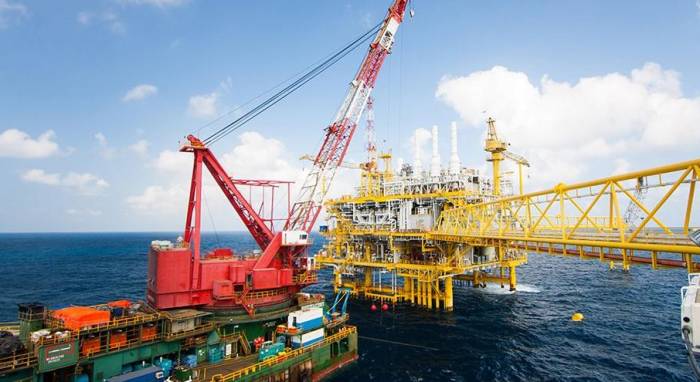

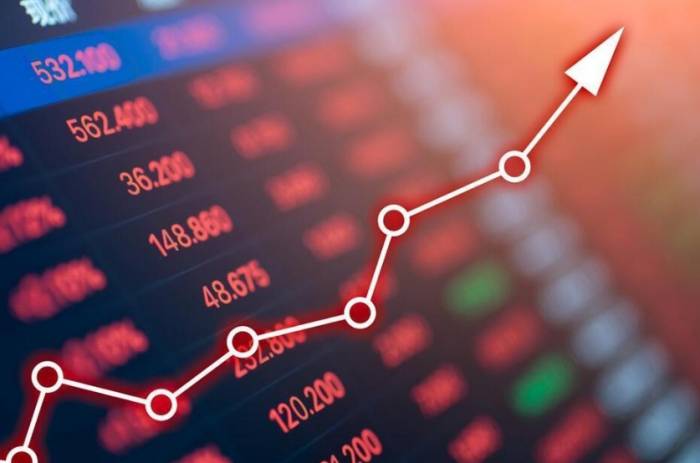
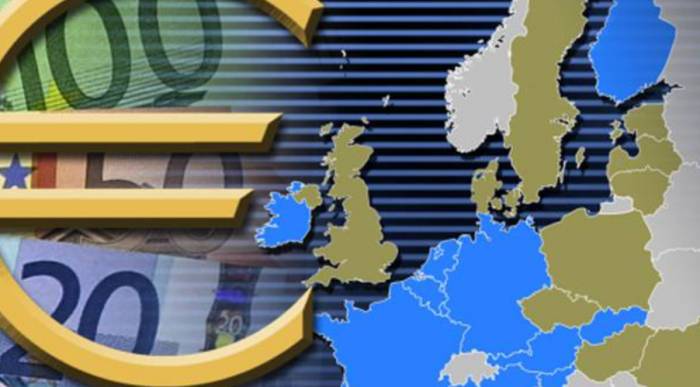

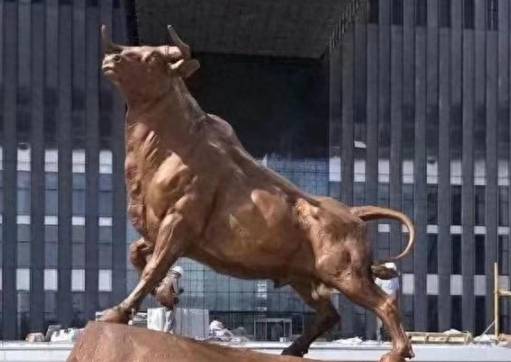
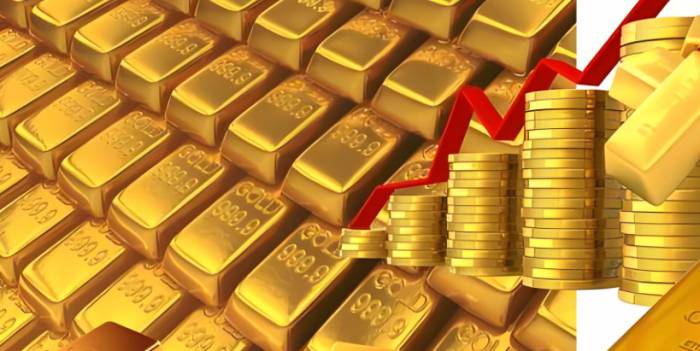
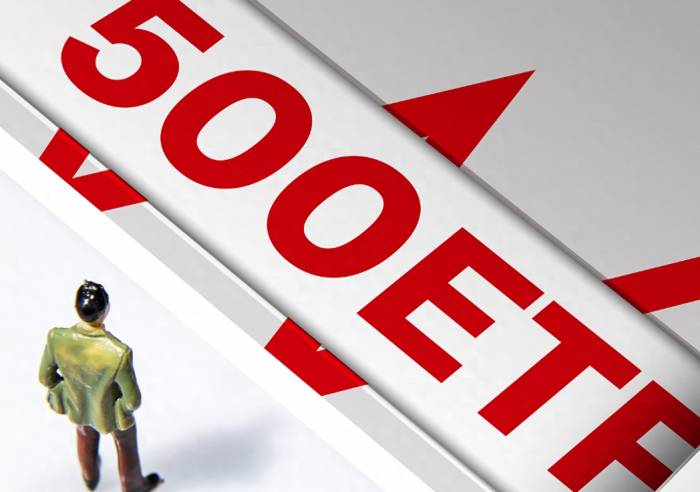
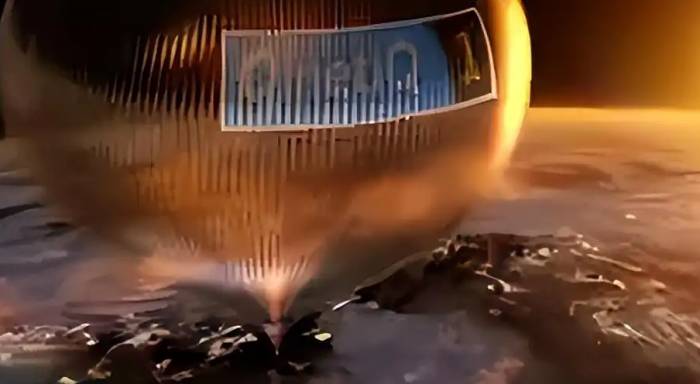
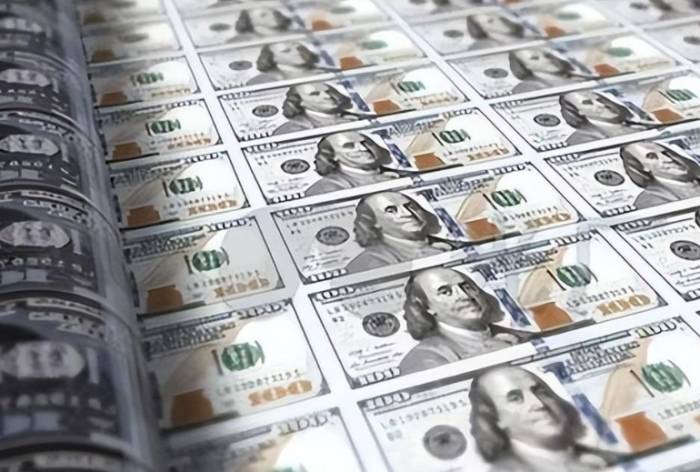
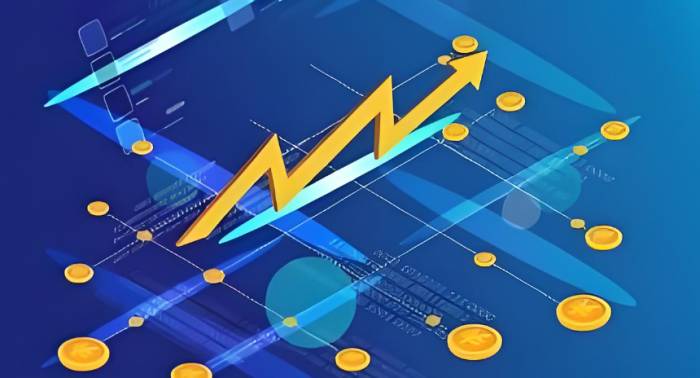

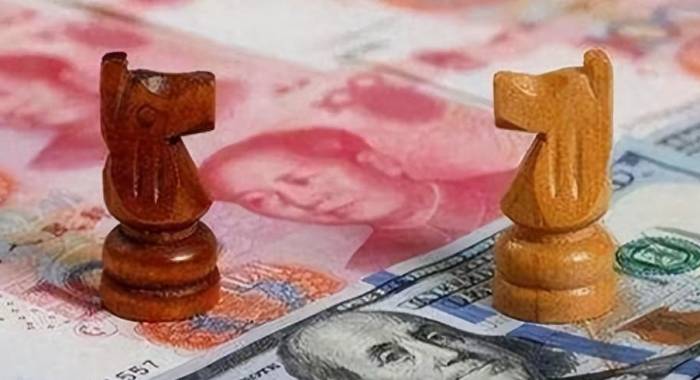
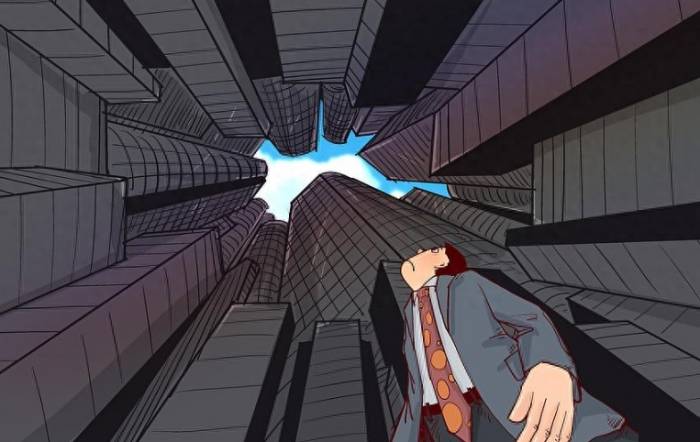
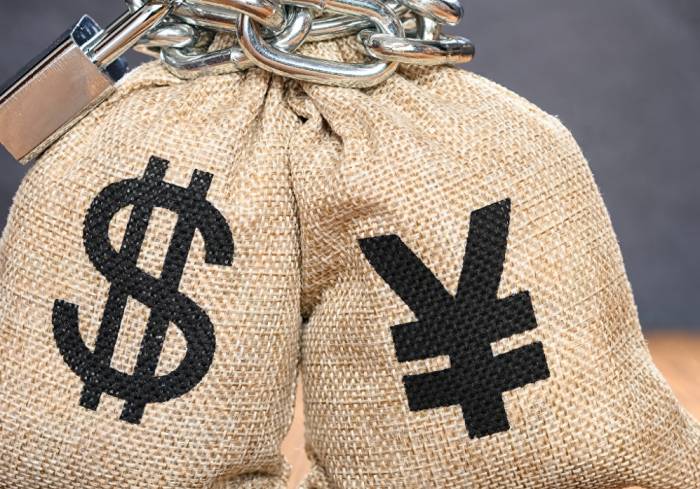


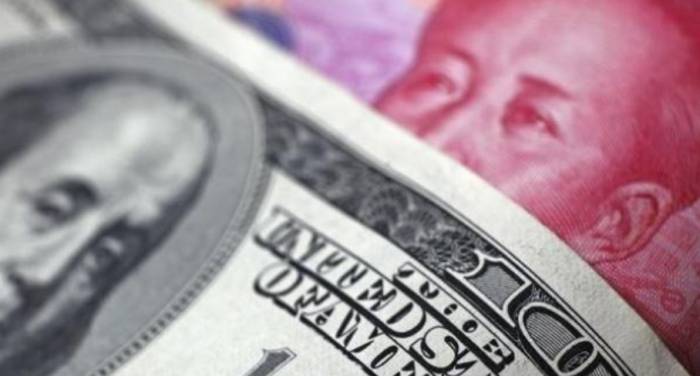
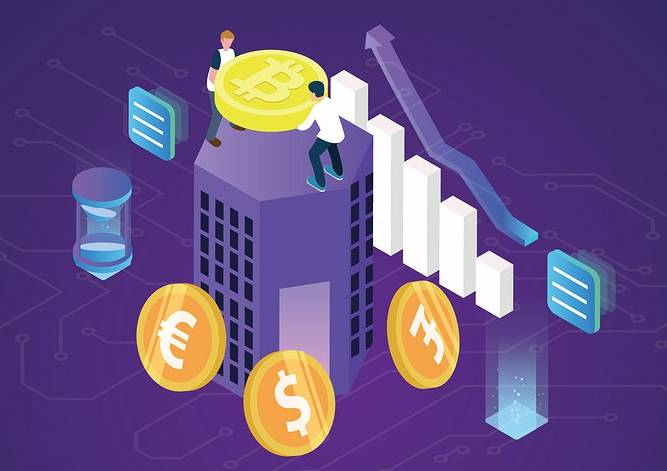
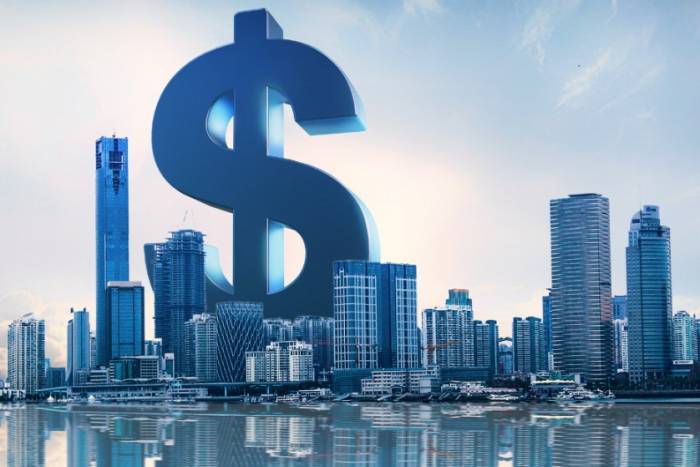
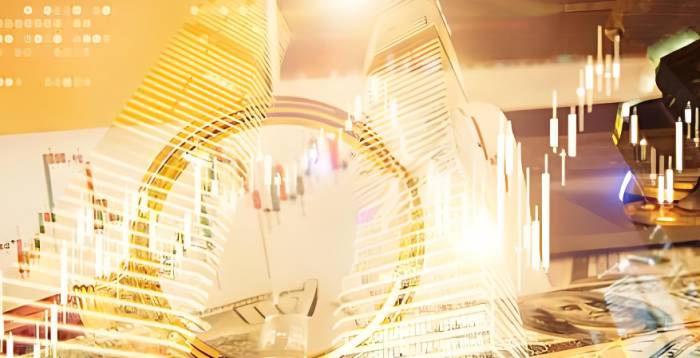
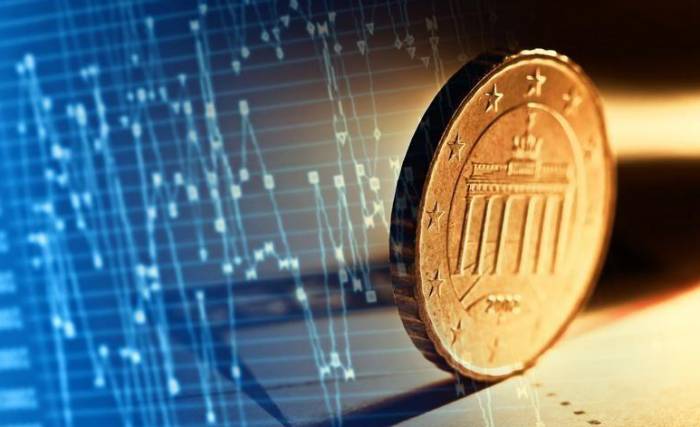

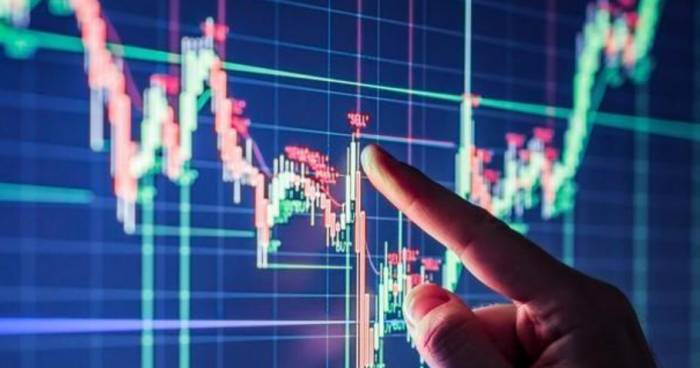

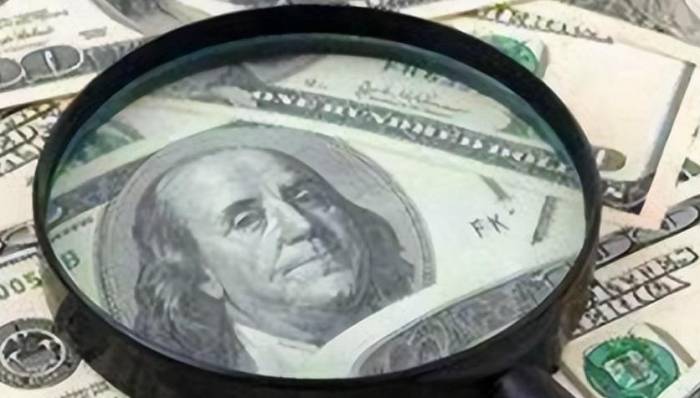
Comments
Leave a Comment